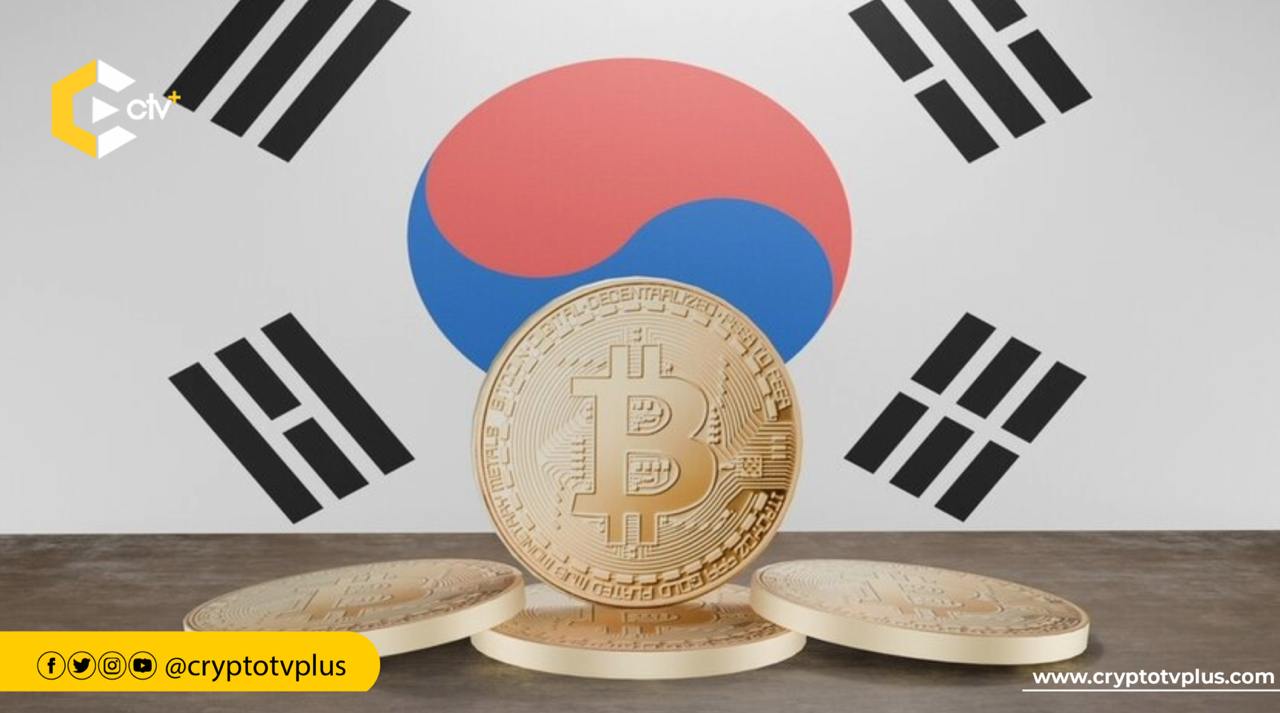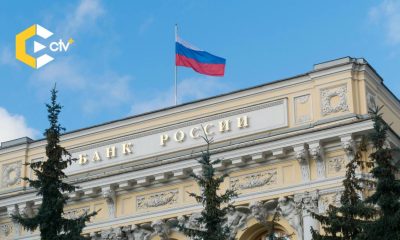News
Presidential candidates promise crypto reforms & stablecoins in Korea

The two most prominent presidential candidates for the upcoming South Korean election have promised to provide crypto reforms for the Asian nation.
Lee Jae-myung, the representative from the Democratic Party, and Kim Moon-soo from the People Power Party have plans to legalize spot cryptocurrency exchange-traded funds (ETFs).
These ETFs would let Koreans invest in crypto assets like Bitcoin via their stock markets. It is a divergent stand compared to what South Korean authorities have said about crypto and other digital assets.
Presidential election after impeachment
South Korea’s next presidential election is scheduled for June 3, 2025. This follows the removal of former President Yoon Suk Yeol from office after his impeachment late last year.
The Constitutional Court upheld the impeachment on April 4, 2025, triggering a 60-day countdown as per South Korea’s constitutional mandate to elect a new leader. Once the election results are announced, the winner will be inaugurated immediately, bypassing the usual transition period.
Lee Jae-myung aims to make investing in cryptocurrency easier and safer. His plan includes establishing a monitoring system to track crypto activity and reducing trading costs. He believes that crypto investments can help people build wealth, especially when part of a broader investment portfolio.
The point man for the Democratic Party argues that although crypto carries more volatility than stocks or bonds, it remains relevant for investors if managed carefully. Part of his proposal is to allow the National Pension Fund to invest in crypto, provided the assets meet stability requirements.
Won-backed Stablecoins
Lee also promises to launch a market for stablecoins backed by the Korean won. “We need to establish a won-backed stablecoin market to prevent national wealth from leaking overseas,” he said during an interview.
Dollar-backed stablecoins, especially USDT (Tether) and USDC (USD Coin), have grown massively over the years, with their combined market capitalization reaching over $200 billion by Q2 2025. This is up from approximately $176 billion in late 2024.
Read also: Bank of Korea plans cautious approach to Bitcoin
This growth has raised concerns among some nations about the potential threat to their financial sovereignty and economic stability, as it possibly will reinforce U.S. dollar dominance. For example, the EU and ECB have had disagreement on the impact of dollar-backed stablecoins on their economy.
Currently, Koreans who trade in the crypto market rely on foreign ones like USDT and USDC. It’s estimated that Korean crypto exchanges lost over 56 trillion won (around $40.8 billion) in Q1 2025, and most of these went into dollar-based stablecoins.
There are approximately 16 million crypto users in South Korea, with most of them being the younger population. This makes the proposals of the two presidential candidates more enticing, as other professionals have expressed their support for these plans.
Lee Keun-ju, the head of the Korea Fintech Industry Association, said that a Bitcoin ETF could form a synergy between digital assets and traditional finance. However, he emphasized that the nation requires unambiguous rules and frameworks to fully harness the potential of digital assets.
On the contrary, Shin Bo-sung, a researcher at the Korea Capital Market Institute, warned that stablecoins could escalate inflation. “We have to remember that stablecoins are like banks. They can create money out of nothing,” he said.

























69 Comments